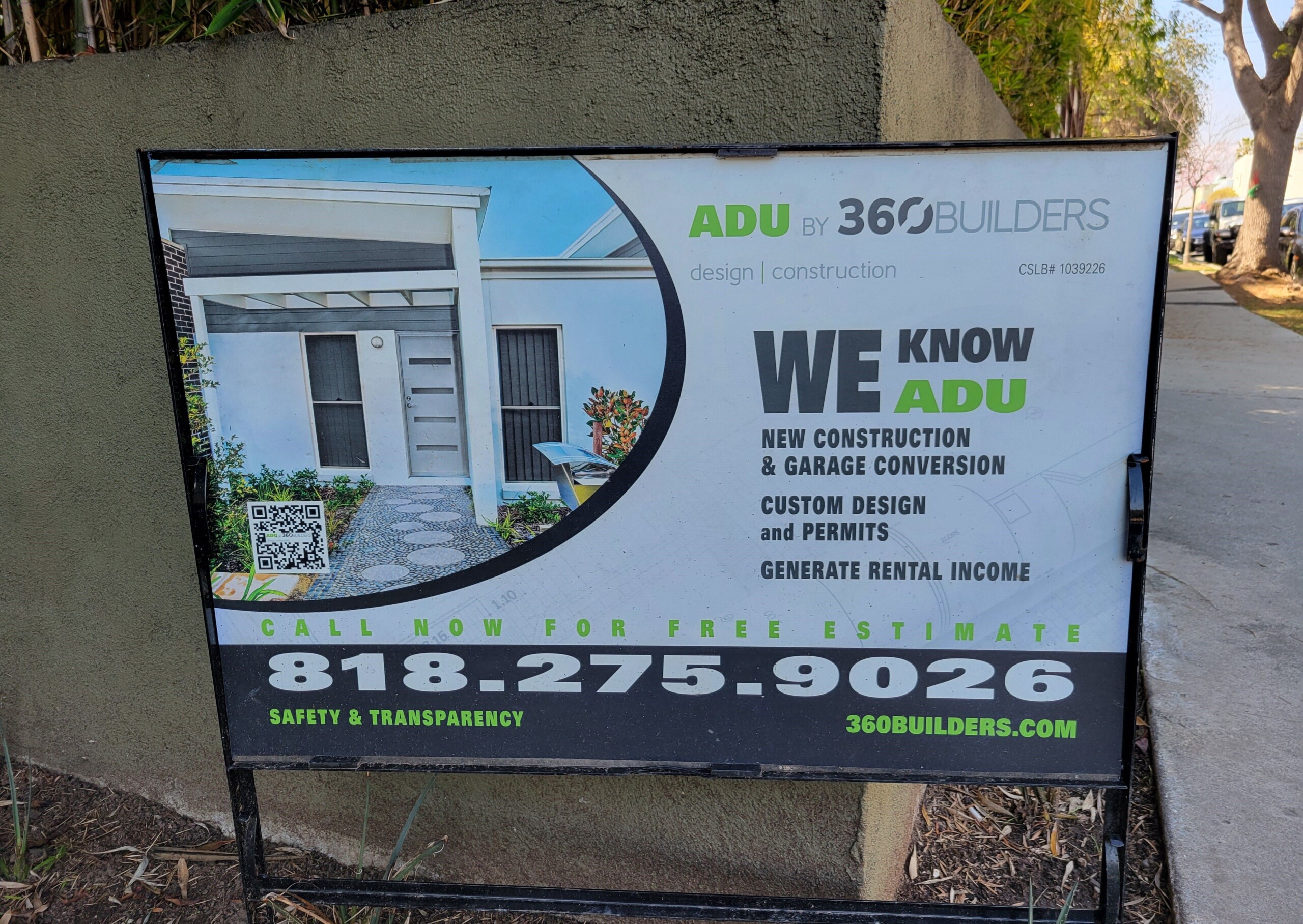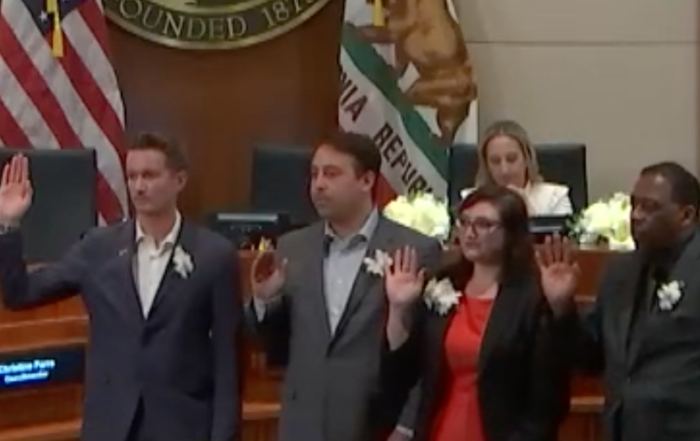In May of 2021, the West Hollywood City Council approved a pilot program to encourage the development of Accessible Dwelling Units, or ADUs. ADUs are usually small studios built as an addition to a property owner’s home or apartment building.
The pilot was modest, with the intent to budget $300,000 to build three ADUs. The city hoped for the development of two ADUs from ground-up construction and one other through a garage conversion, which is less expensive to manufacture.
According to a city staff report, the program would work like this: “The pilot program incentivizes single and multifamily property owners to create an affordable rental unit on their property. The program offers comprehensive assistance from the City related to financing, designing, permitting, and constructing a new ADU. The City committed to funding three-year loans (and two optional 1-year extensions) at 1% – interest with deferred payments to homeowners during the pilot phase. In exchange for the low-interest loan, the homeowners commit to renting the ADU to a Section 8 voucher holder on the City’s Inclusionary Housing waitlist for 7 years.”
However, due to inflation and a spike in construction costs over the last three years, the program now appears that it would only be able to fund the construction of two ADUs, adjusting the budget for successful applicants from $100,000 each to $150,000. Two successful applicants were found, however the garage converting applicant dropped out over their unease with the requirement to house a Section 8 voucher holder for seven years. Thankfully, the city was able to approve designs for two ground-up ADUs on the other applicant’s parcel. But to ensure the two units are actually constructed, staff said that the loan amounts would need to be increased.
An additional wrinkle has emerged in the assumption that the units would each qualify for $40,000 in pre-development grants from the California Housing Finance Agency, but criteria for those grants changed. The terms no longer qualify the West Hollywood pilot units, adding another hit to the overall costs.
Therefore, staff is requesting an additional $181,250 in loan commitments to complete the pilot and build the two ADUs.
Councilmember Lauren Meister inquired about ADUs citywide, asking if the staff could return with a report on how many ADUs outside of the pilot are successfully being constructed, whether they are being rented, and for what amounts per month. “I would guess that some of them may be being built and then being used as a home office or whatever,” said Meister.
She also turned to Brian League, a city property development manager, and asked him if he felt the pilot was successful. While admitting difficulty in getting the program going, League said, “But any attention we could bring to ADUs and their feasibility and ability to be built in the city I think has been a positive.”
Resident Jamie Francis called into public comment to suggest public subsidy isn’t the approach – and perhaps not ADUs at all – when he feels most property owners’ motivations are really just to add value to their property and provide a unit for a family relative. “It does not impact, in a positive way, this city.”
Councilmember John Heilman was also wary of the pilot, saying nothing should be decided about expanding it until the two ADUs are built and the council can hear an analysis from staff. “Then we can come back and look at whether it makes sense to continue this or invest our funds in other affordable housing initiatives.”
Mayor John Erickson and Councilmembers Sepi Shyne and Chelsea Byers indicated they concurred with Heilman’s sentiment. The council voted 5-0 for the $181,250 increase, but will clearly return to the pilot program with some skepticism.
Stay informed. Sign up for The Westside Voice Newsletter
By clicking submit, you agree to share your email address with Westside Voice. We do not sell or share your information with anyone.








